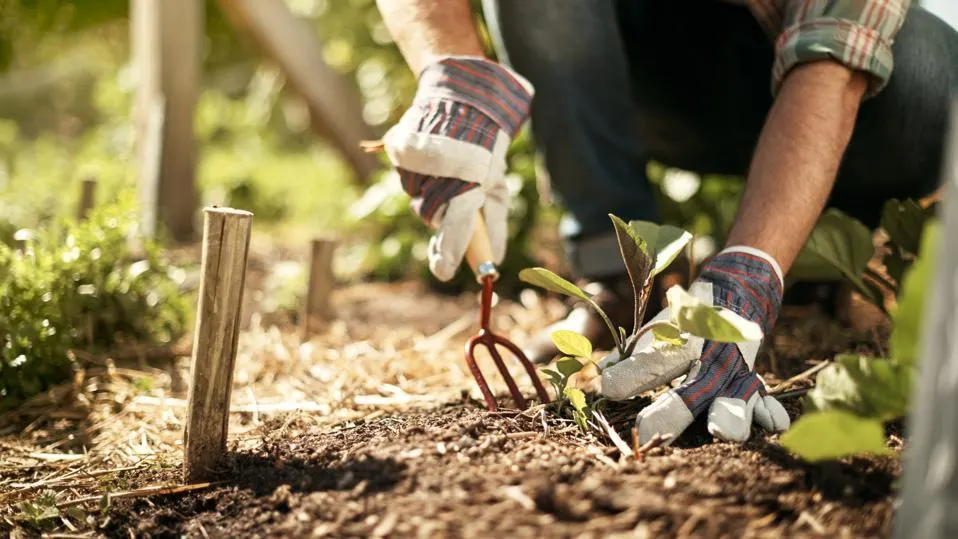Planting native species in your garden offers a host of benefits. They require less maintenance, save money on gardening supplies, and attract beneficial insects and birds.
In addition to their practical benefits, native plants also provide a natural sense of place that enhances your connection to the environment. Learn more about why these plants are a good choice for your landscape.
They Attract Pollinators
Native species in your garden offer pollinators the nectar, pollen and other nutrients they need to thrive. They also provide shelter, food sources, nesting sites and a place to raise their young.
To encourage pollinators, plant annuals and perennials that flower throughout the growing season. These include lantanas, marigolds, cosmos, daisies and more.
Bees also benefit from floral repetition, which means they visit and collect pollen from the same flowers over and over again. You can achieve this by planting a single variety in a large swath of land or by grouping several plants together.
A few key pollinator-friendly plants to add to your garden are figwort (Artemesia vulgaris), dogwood (Cornus canadensis), willows and redbuds (Rhododendron). These all bloom in the summer and fall months, support specialists and are big producers of pollen.
They Attract Birds
Native species in your garden provide birds with food, shelter and safe places to raise their young. They also attract other wildlife such as frogs, lizards, bats, insects and small mammals.
Plant a variety of evergreen and deciduous trees, shrubs, groundcovers, vines, and perennials. Choose those that produce edible fruits, seeds and nuts throughout the year.
Fruiting plants like serviceberry, blueberries, elderberry, raspberries and chokecherries are especially attractive to birds. Winter berries such as sumac and American cranberry bush viburnum provide a nutritious treat for many species of birds in colder climates.
They Attract Bees
The benefits of planting native species in your garden are obvious – a healthy, diverse landscape will provide food and shelter for a range of beneficial insects, including bees. These helpful pollinators are the lifeblood of many crops.
Bees eat the nectar from flowers and the pollen on them, a rich source of protein and fats. Without them, we would be hard-pressed to grow most of the fruits and vegetables that Americans enjoy.
To attract bees to your yard, plant a variety of flowering plants throughout the season. Include tubular-flowered plants in the Mint Family (like oregano, catmint, sage) and flat-flowered plants in the Aster family (like sunflowers).
They Attract Beneficial Insects
Planting native species is a great way to attract beneficial insects and parasitoids into your garden. These are hardworking creatures who help keep your garden healthy and pest-free.
The flowers of the carrot, daisy, scabiosa and cabbage families offer pollen and nectar that are both attractive to beneficial insects. They’re also a place for them to rest, shelter and nest.
Interplant flowers like dill, fennel and Ammi major (Bishop’s lace) to create pockets of still air where these insects can nest. These plants’ small, flat flowers are ideal nectar sources for parasitoid wasps that seek and destroy aphids and other pests.
Sunflowers (Helianthus annus) are another great insectary plant; they’re easy to grow and attract honey bees, lacewings and big-eyed bugs. Zinnias (Zinnia elegans) are also attractive to predatory beetles and ladybugs that eat aphids and other vegetable pests.
They Attract Mammals
The benefits of planting native species in your garden are many and varied. Not only are they beneficial to wildlife, but they also enhance the beauty and livability of your property.
Trees and shrubs offer nesting spaces for birds, shelter from predators and food all year round for a range of wildlife. They can also help to attract wildlife that is at risk, such as bumblebees.
They use less water than imported plants and resist damaging insects without requiring pesticides and fertilizer. This saves you money, minimises the use of chemicals and is a great way to reduce your carbon footprint!





